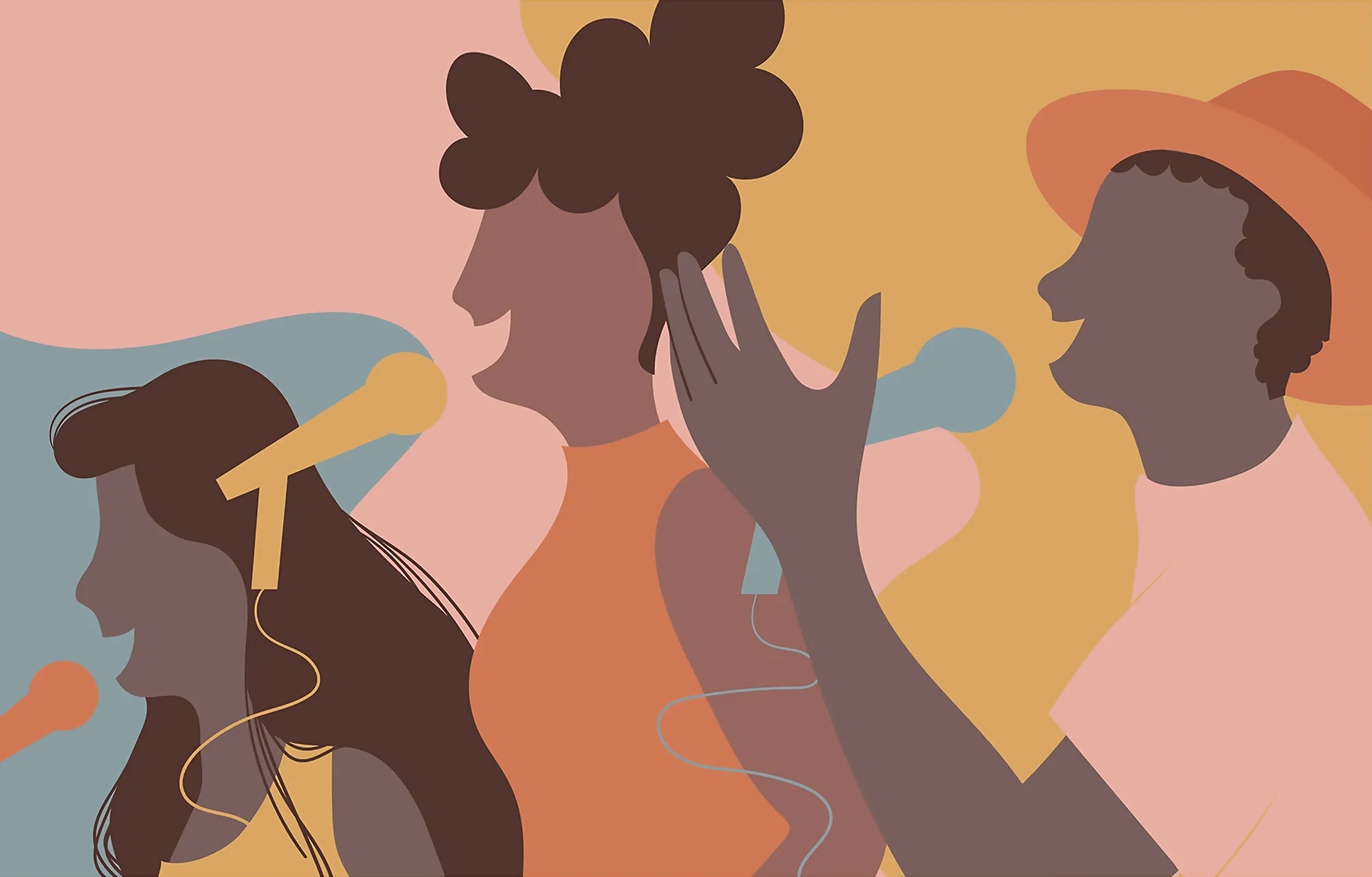
Through the emergence of activism poetry, young creatives in Kenya are coming together to protest government corruption and the disregard for the country’s youth. Their powerful words and performances are instruments for change and their work has garnered a huge following throughout the nation. Helen Jennings, co-founder of Nataal magazine, meets some of Kenya’s key voices who are leading the charge.
We are experts in instant rage but how much is following up here? We are comfortable with heavy taxes. Rogue police units. Suppression of free speech. Unequipped hospitals. Corrupt officials. Atonement constitution. Selective human rights. Fast ending forest cover. Privately owned killer dams. Debts upon debts, debts upon debts. So tell me, are you proud to live here?
These lines from Gufy Dox’s poem, Lulu, deftly sum up the issues that drive this poet and his peers to keep creating in Kenya. “Here” is a country where young people do not feel represented by the powers that be. But at dedicated regular events across Nairobi, eager ears listen to their messages and snap their fingers in all-too knowing appreciation.
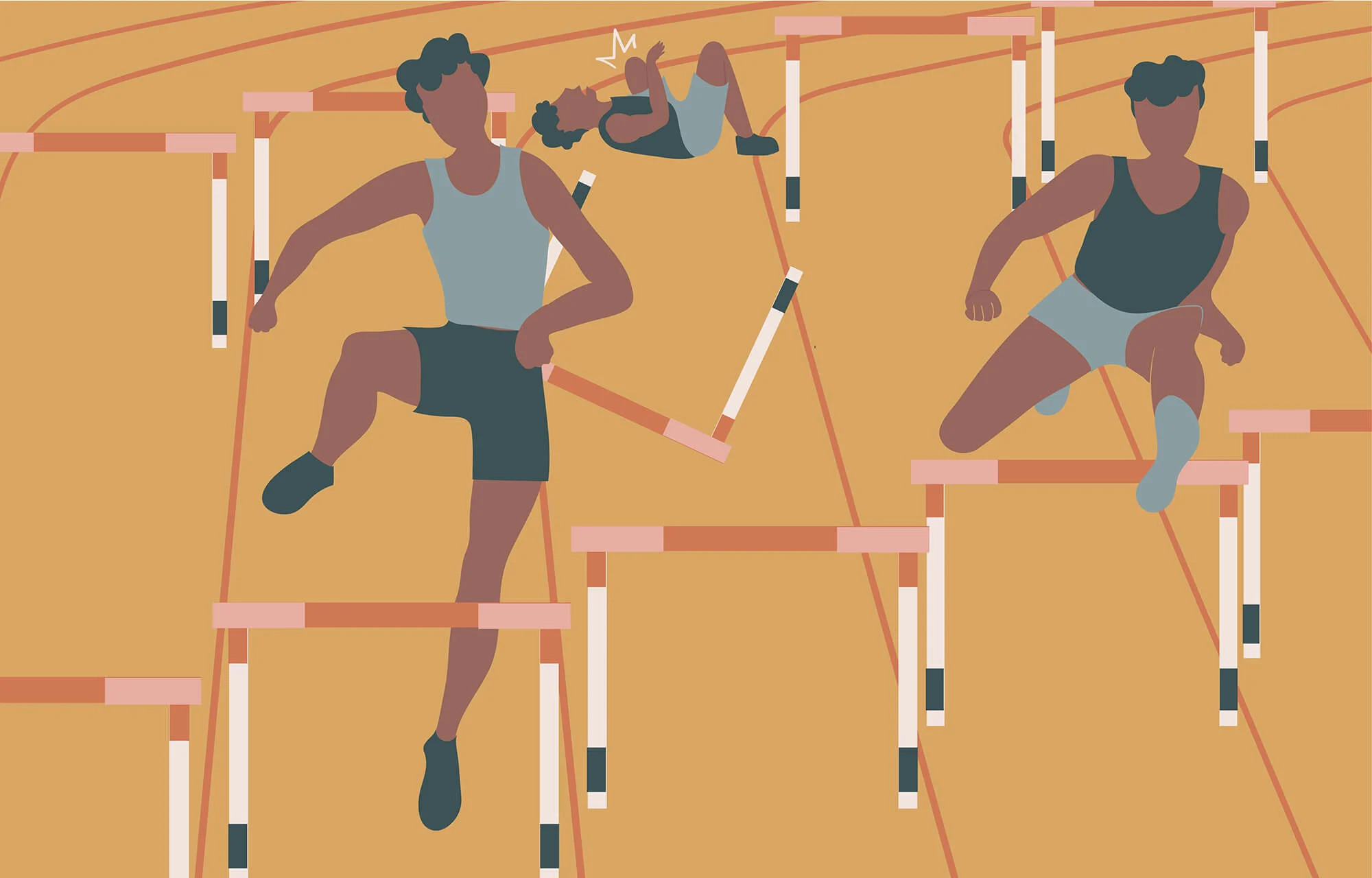
In many ways, Kenya is an east African success story. The giant of the region is known for its relative peace, homegrown tech industry (dubbed Silicon Savannah) and strong tourism, as well as a burgeoning creative class. Yet its democratic process is marred by ethnic politics and the dominance of the executive, with its last presidential race in 2017 resulting in a contentious, repeat election. Corruption, a vulnerable economy and a general disregard by the elite for younger generations – who make up 75 percent of the population – means that the call for new thinking is urgent.
“Poets are being heard. Through their shows, their videos and their tweets they are documenting the times,” says Gufy, who joins growing numbers of activist voices on the local spoken word scene. He started out five years ago, aged 18, and has since set the standard for conceptual concerts such as intimate living room sessions and ambitious multi-media shows. “The scene has become bolder and audiences have increased. What makes it unique is the diversity of perspectives the artists bring; from incorporating music, graffiti, films and dance into performances to releasing studio records and publishing books.”
Gufy is reluctant to accept the label of “activist poet.”. “I’m just another Kenyan creative who is concerned about so many things,” he says. “To be categorized is to be limited, but I will never ignore how the government is treating us. We should all hold them accountable. I am a poet who wants for everybody to be equally treated and afforded the rights they deserve.”
Integral to this scene is Cre8tive Spills, a disruptive creative collective established a decade ago that runs two flagship events, the Poetry Slam Africa competition and Poets You Should Know open-mic night. “We have poets in their thousands who are transitioning from page to stage and need alternative spaces like ours where they can freely express themselves,” says programme coordinator Ian Gwaggy. “The youth are marginalized with very little coming their way in terms of policy. Employment is scarce, as is access to medical care, legal services and credit. Politicians ignore young people so all of these frustrations go into poets’ work. The aim is to get the population uncomfortable enough to do something about it.”
Among Cre8tive Spills’ core team is Mufasa, one of Kenya’s best-known poets. His uncompromising verses fill out high profile concert halls and mentoring workshops alike. Last year he released the book, Raising A Sun, and wowed at a TEDx conference in Mombasa with a piece titled My Boys are Dying. “Most of the youth are jobless or in undignified jobs. Meanwhile the politics in this country is about whose turn it is to ‘eat’ in abundance,” he explains of the piece. “So young men struggling financially will also struggle with family responsibilities, and that affects who they are destined to become.”
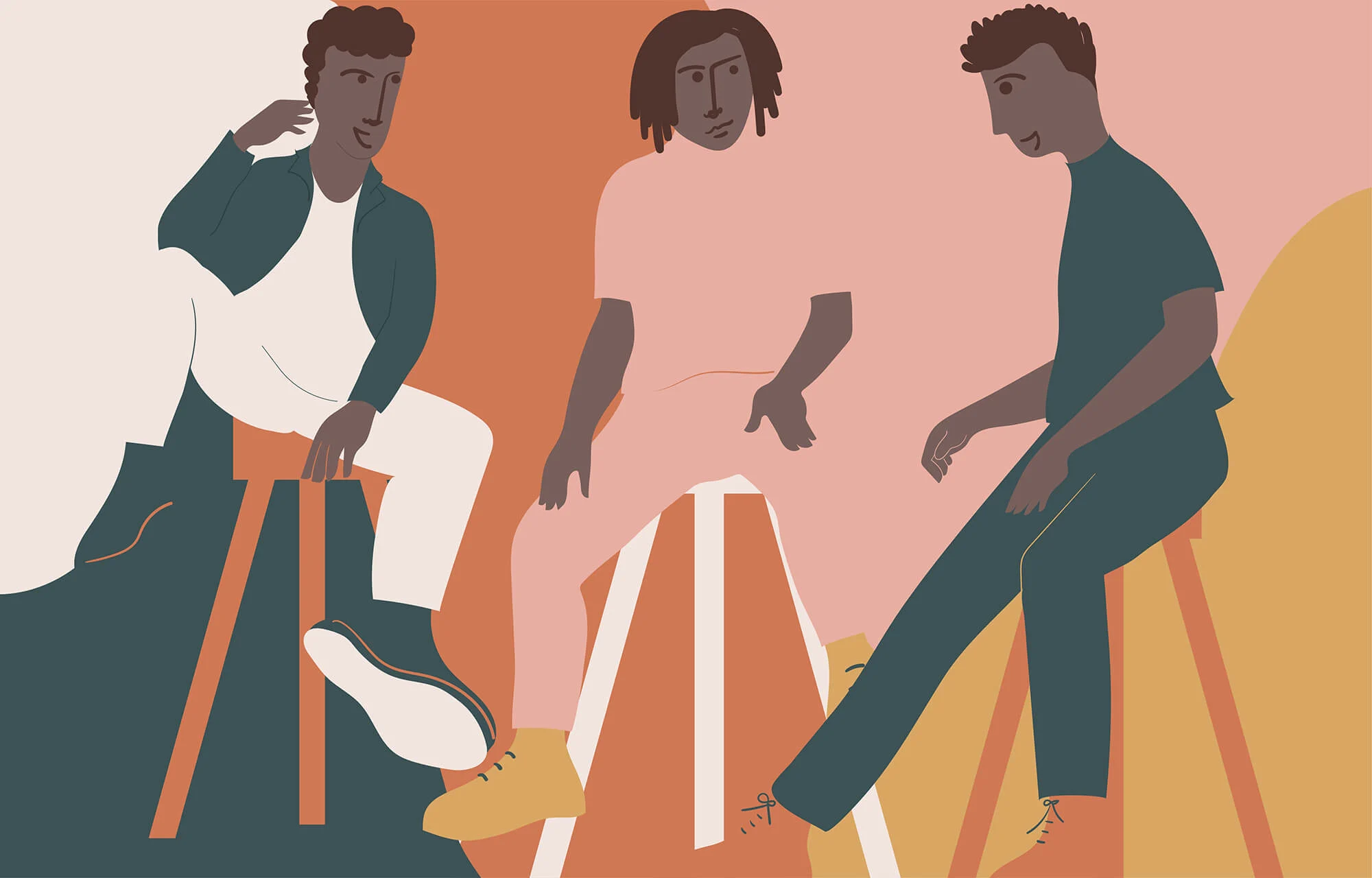
Mufasa hopes to use his position to nurture the word warriors of tomorrow. “Most of the countries in East Africa do not have the freedom of speech that we have so for us to keep this space, many voices have to occupy it,” he says. “Success to me is having more poets able to earn from their art, which translates to more people listening, and having poetry hubs across the country that will raise up artists who can hold local leaders accountable.”
While conscious spoken word remains a niche artform here, there have been occasions when it has made its mark in the mainstream. The most notable recent example is famous rapper King Kaka’s 2019 spoken word single Wajinga Nyinyi (You Fools), to which well-known poet Teardrops responded with his own emotive piece, Wajinga Nyinyi Part 2. Together the tracks called out voter complacency toward a plethora of political scandals, false promises and acts of violence, including extrajudicial killings in informal settlements. King Kaka made national headlines and claimed to receive death threats as a result.
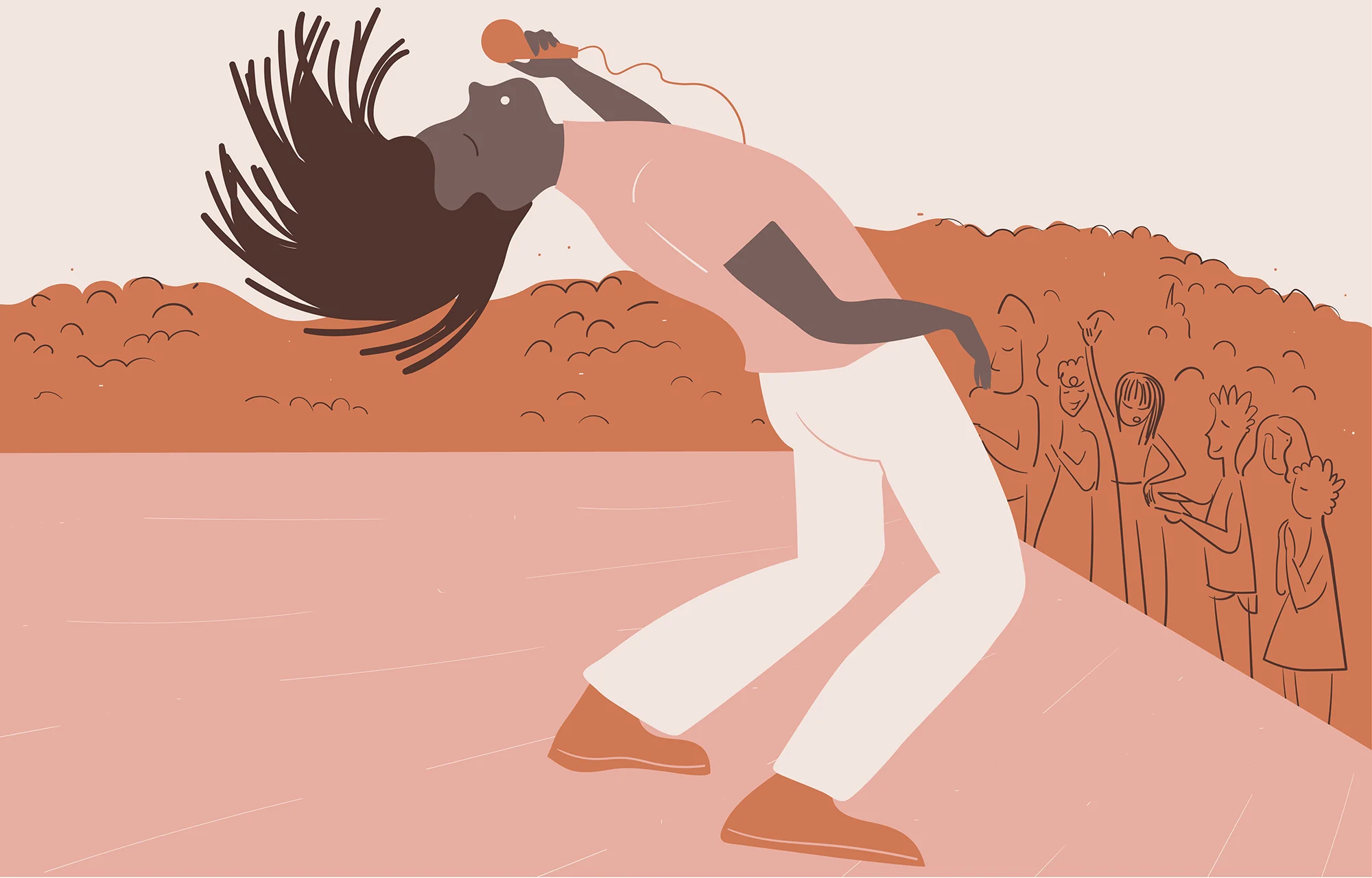
“The song went viral so I decided to add more fire to it to keep people talking,” says Teardrops, who has a strong following thanks to three well received albums and regular spots on Kenyan television. “I was speaking about how politicians are treated like celebrities when they come to ask for votes and then steal public funds. I was speaking about how pastors will bless whoever brings money to church. We have potholes on our roads and children attending broken schools. As poets we can use our social influence to protest.”
Veteran dub poet Kennet B, who organizes the government-supported event Poetry After Lunch, takes a different view of the role of poetry. While he firmly believes in supporting grassroots talents who discuss human rights, he feels it’s not necessary for them to go on verbal attacks. “Poetry isn’t a violent art form. It can be both pro-government and pro-democracy and work to reconstruct our society,” he asserts. “Our artform is the most intellectual medium through which to approach negative subjects in such a way that the government can understand.” Having created conscious poetry for 20 years, he’s sure of the scene’s steady progress and feels there’s room for everyone. “Urban poetry is no longer a baby. We are jogging now and soon we will be running,” he says. “There are lots of people doing beautiful jobs but it’s not about kingship. Listen to your inner vibrations and work to appreciate that the sun freely rises for everyone.”
Kenya has a very rich literary history and centuries-long oral traditions. However, today’s spoken word scene feels fervently contemporary. It deals with the here and now, with poets often switching between Swahili and English – the two official languages – as well as the widely spoken slang Sheng, to ensure their verses have an immediate resonance. While this gives their work a freshness, emerging poet Yours Truly feels it’s also a reflection of Kenya’s engrained post-colonialist mindset. It was his own struggles with identity that drove him to take up spoken word in 2017 and to pen his inspirational 2019 book, To Chase a Dream in Nairobi. “Kenyans tend to appreciate anything that comes from outside, rather than what is in our own country. We consume a lot of western media and we grew up in an education system based on the British curriculum rather than on Kenyan books,” he says. “But now there is a new wave of self-pride among Kenyans and we’re beginning to celebrate our own artists.”
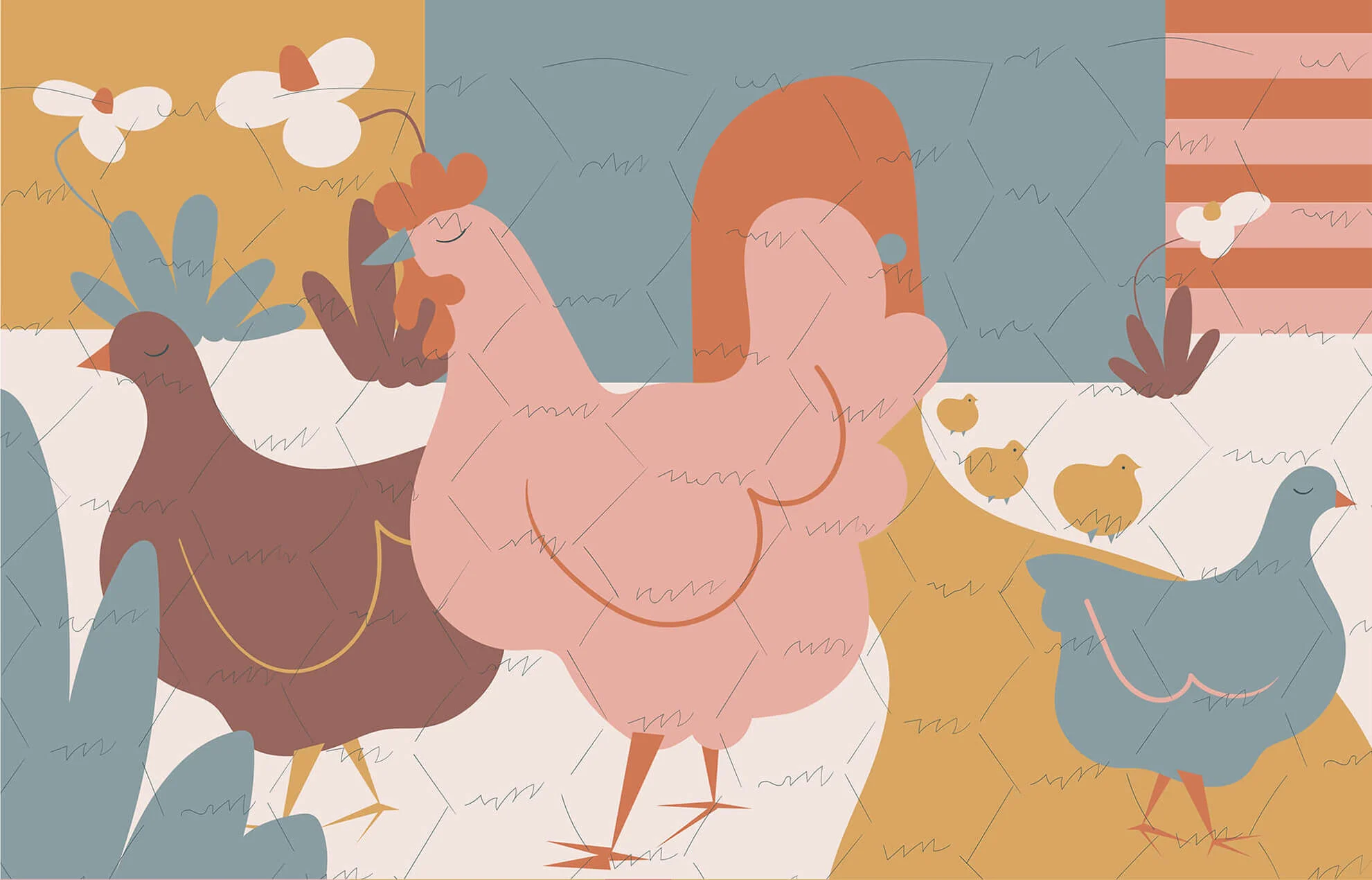
Despite spoken word’s increasing stronghold, Kenya’s women poets must fight harder than their male counterparts to break through in this conservative country. Established poet Qui Qarre, who has represented Kenya in slams in the US, states that women are simply not invited to as many stages and as such is taking matters into her own hands – and words. Qui’s developing the platform Nimejipanga, allowing young women to use poetry and storytelling to discuss sexual health. And her new poem, She Doesn't Want to Spread Her Legs, discusses rape. “There are so many girls and women who get abused by powerful people in our communities and they never speak about it. They just die inside on a daily basis. This issue needs to be addressed in a Kenyan context,” she says.

Following in her footsteps is Aminatuzahra Kalebi, the 2019 Poetry Slam Africa queen, who won despite it being her first public performance. The psychology student lead with Muslim Privilege, a piece about being a Muslim in country that has been victim to several Al-Shabaab militant attacks. “It’s based on an experience I had where my friend and I were thoroughly searched at a mall when the ladies going in before us hadn’t been. I felt uncomfortable because I was wearing an abaya and my friend a burqa. The way I dress shouldn’t be a reason to think I am a terrorist,” she says.